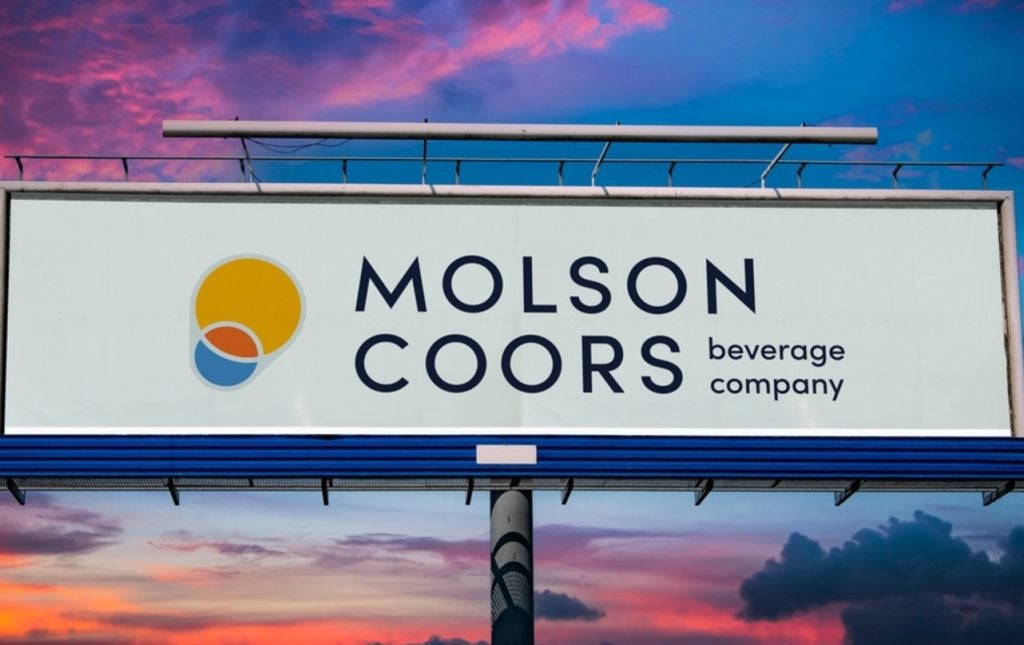The deal
On Tuesday (8 August), Molson Coors Beverage Co. announced a deal to acquire Blue Run Spirits, a high-end Bourbon and rye whiskey distiller, for an undisclosed price. Blue Run will join Molson Coors’ family of whiskey brands, which includes Five Trail and Barmen 1873 Bourbon.
Founded in 2019, Blue Run specialises in producing premium, small-batch bourbon whiskeys, and has been credited with “sneakerising” the industry, with its clean-line bottles, limited releases, and social media hype. Established by a motley group of founders (a Nike designer, a former Facebook employee, a hospitality executive, a political advisor, and a philanthropist), the company has generated what appear to be impressive sales in its short history: it sold 21,000 nine-litre cases in 2022 (a 300% year-over-year increase) and is forecasting sales of 32,000 nine-litre cases this year.
“Molson Coors has been on a journey to broaden beyond our beer roots and build powerful brands in growing categories and Blue Run joining us is an exciting next step as we establish Coors Spirits Co.,” Molson Coors chief commercial officer Michelle St. Jacques said when the deal was announced.
The brewer has decided to set up a unit, Coors Spirits Co., to house its own Five Trail blended whiskey and Barmen 1873, as well as the Blue Run assets.
Why it matters
Molson Coors, best known for brewing Coors Light and Carling, has pursued a strategy of diversification in recent years, having made the symbolic move in 2019 to change its name from Molson Coors Brewing Company to Molson Coors Beverage Company.
Recent acquisitions, joint ventures and partnerships have included the purchase of non-alcoholic beverage brand Clearly Kombucha in 2018, and the acquisition of a minority stake of Bhakti Inc., a maker of chai tea, in 2017. A spokesperson for Molson Coors said at the time these moves were aimed at providing their US distributors with beverage options that “don’t compete with beer”.
The company’s other ventures in spirits and related products include its spirit-based RTDs Topo Chico Spirited. Outside the US, Molson Coors distributes a range of spirits brands in the UK, including Black Cow vodka and Bandero Tequila.
The acquisition of Blue Run represents a continuation of this strategy, as Molson Coors seeks to further premiumise its portfolio and capitalise on growing demand overall for US spirits boom.
The health of the US spirits sector can vary by category (look at the issues in Cognac) but overall revenues surpassed beer for the first time ever in 2022: spirits supplier sales grew 0.8 share points to gain 42.1% of the market, while beer fell behind with a 41.9% share. US whiskey was one of the areas to drive the growth of the overall sector.
According to business intelligence group GlobalData, Just Drinks’ parent, this trend is set to continue: the US spirits sector is expected to grow from 6.1bn litres in 2021 to 7.8bn litres in 2026, registering a compound annual growth rate (CAGR) of 5.1%. Whiskey (along with Tequila) is expected to grow at a CAGR of 4.5% between 2021-26.
Kevin Baker, director of alcoholic beverages at GlobalData, is optimistic about the future of Blue Run under Molson Coors’ leadership. “Molson Coors have shown that they can develop boutique-style brands. Examples include Aspall Cyder and Doom Bar Ale in the UK, the La Sagra microbrewery in Madrid, and the subsequent launch of the Madrí lager brand, which has been one of the most successful brand launches in the UK.”
Some industry watchers expect Molson Coors to continue its focus on small whiskey and Bourbon acquisitions. Morningstar analyst Dan Su tells Just Drinks the US whiskey and Bourbon segment will continue to offer far better growth prospects than beer, where growth has stalled. The company may even expand its presence in the fast-growing Tequila segment, having acquired a minority stake in Superbird last year, he argues. “Small deals also make the most sense,” Su says, “as Molson Coors can benefit from spirits innovation and distilling knowhow, while the smaller distiller can leverage Molson Coors’ financial resources to build dedicated distilling and warehousing capacities and leverage their relationships to broaden distribution.”
Our signals coverage is powered by GlobalData’s Disruptor data, which tracks all major deals, patents, company filings, hiring patterns and social media buzz across our sectors. These signals help us to uncover key innovation areas in the sector and the themes that drive them. They tell us about the topics on the minds of business leaders and investors, and indicate where leading companies are focusing their investment, deal-making and R&D efforts.









